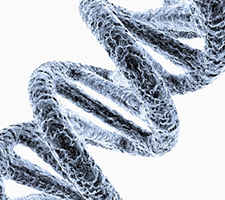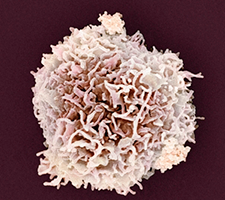Predicting the success of leukemia treatment | Cancer
Researchers from the College of Pharmacy and Medical School working within the Masonic Cancer Center, University of Minnesota, have partnered to identify genetic variations that may help signal which acute myeloid leukemia (AML) patients will benefit or not benefit from one of the newest antileukemic agents.
 To arrive at their results, U of M researchers evaluated how inherited genetic variations could affect clinical outcomes of patients treated with an existing chemotherapy drug, gemtuzumab ozogamicin (GO).
To arrive at their results, U of M researchers evaluated how inherited genetic variations could affect clinical outcomes of patients treated with an existing chemotherapy drug, gemtuzumab ozogamicin (GO).
GO has been shown to induce remission and improve survival in subset of patients with AML, however there is a wide variation in patient response.
But by identifying and evaluating three genetic variations of CD33 in two groups of patients with pediatric AML – one group that received the drug GO, and one group that did not - University researchers have found that specific genetic variation in CD33 that significantly affected the clinical outcome of AML patients who received GO based chemotherapy.
Understanding how genetics play a role in how drugs work is extremely useful, particularly for drugs which have shown varying responses in patients. University researchers hope that research like theirs - for leukemia and other conditions - will help optimize treatment approaches for patients.



